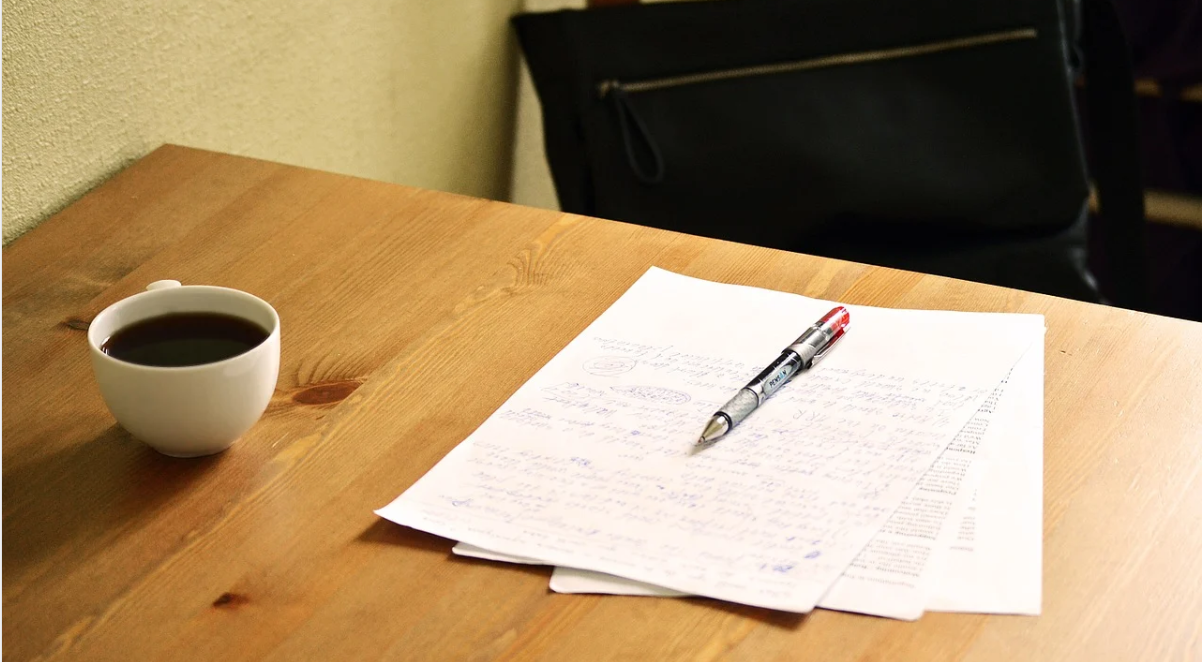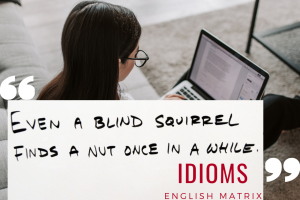20 Grammar Rules
- Posted by Ambra
- Date March 17, 2020

20 Important Grammar Rules to Learn or Review
Here are 20 simple rules and tips to help you avoid mistakes in English grammar. For more comprehensive rules please look under the appropriate topic (part of speech etc) on our grammar and other pages.
1. A sentence starts with a capital letter and ends with a period/full stop, a question mark or an exclamation mark.
- The fat cat sat on the mat.
- Where do you live?
- My dog is very clever!
2. The order of a basic positive sentence is Subject-Verb-Object. (Negative and question sentences may have a different order.)
- John loves Mary.
- They were driving their car to Bangkok.
3. Every sentence must have a subject and a verb. An object is optional. Note that an imperative sentence may have a verb only, but the subject is understood.
- John teaches.
- John teaches English.
- Stop! (ie You stop!)
4. The subject and verb must agree in number, that is a singular subject needs a singular verb and a plural subject needs a plural verb.
- John works in London.
- That monk eats once a day.
- John and Mary work in London.
- Most people eat three meals a day.
5. When two singular subjects are connected by or, use a singular verb. The same is true for either/or and neither/nor.
- John or Mary is coming tonight.
- Either coffee or tea is fine.
- Neither John nor Mary was late.
6. Adjectives usually come before a noun (except when a verb separates the adjective from the noun).
- I have a big dog.
- She married a handsome Italian man.
- (Her husband is rich.)
7. When using two or more adjectives together, the usual order is opinion-adjective + fact-adjective + noun. (There are some additional rules for the order of fact adjectives.)
- I saw a nice French table.
- That was an interesting Shakespearian play.
8. Treat collective nouns (eg committee, company, board of directors) as singular OR plural. In BrE a collective noun is usually treated as plural, needing a plural verb and pronoun. In AmE a collective noun is often treated as singular, needing a singular verb and pronoun.
- The committee are having sandwiches for lunch. Then they will go to London. (typically BrE)
- The BBC have changed their logo. (typically BrE)
- My family likes going to the zoo. (typically AmE)
- CNN has changed its logo. (typically AmE)
9. The words its and it’s are two different words with different meanings.
- The dog has hurt its leg.
- He says it’s two o’clock.
10. The words your and you’re are two different words with different meanings.
- Here is your coffee.
- You’re looking good.
11. The words there, their and they’re are three different words with different meanings.
- There was nobody at the party.
- I saw their new car.
- Do you think they’re happy?
12. The contraction he’s can mean he is OR he has. Similarly, she’s can mean she is OR she has, and it’s can mean it is OR it has, and John’s can mean John is OR John has.
- He is working
- He has finished.
- She is here.
- She has left.
- John is married.
- John has divorced his wife.
13. The contraction he’d can mean he had OR he would. Similarly, they’d can mean they had OR they would.
- He had eaten when I arrived.
- He would eat more if possible.
- They had already finished.
- They would come if they could.
14. Spell a proper noun with an initial capital letter. A proper noun is a “name” of something, for example Josef, Mary, Russia, China, British Broadcasting Corporation, English.
- We have written to Mary.
- Is China in Asia?
- Do you speak English?
15. Spell proper adjectives with an initial capital letter. Proper adjectives are made from proper nouns, for example Germany → German, Orwell → Orwellian, Machiavelli → Machiavellian.
- London is an English town.
- Who is the Canadian prime minister?
- Which is your favourite Shakespearian play?
16. Use the indefinite article a/an for countable nouns in general. Use the definite article the for specific countable nouns and all uncountable nouns.
- I saw a bird and a balloon in the sky. The bird was blue and the balloon was yellow.
- He always saves some of the money that he earns.
17. Use the indefinite article a with words beginning with a consonant sound. Use the indefinite article an with words beginning with a vowel sound.
- a cat, a game of golf, a human endeavour, a Frenchman, a university (you-ni-ver-si-ty)
- an apple, an easy job, an interesting story, an old man, an umbella, an honorable man (on-o-ra-ble)
18. Use many or few with countable nouns. Use much/a lot or little for uncountable nouns. see Quantifiers
- How many dollars do you have?
- How much money do you have?
- There are a few cars outside.
- There is little traffic on the roads.
19. To show possession (who is the owner of something) use an apostrophe + s for singular owners, and s + apostrophe for plural owners.
- The boy‘s dog. (one boy)
- The boys’ dog. (two or more boys)
20. In general, use the active voice (Cats eat fish) in preference to the passive voice (Fish are eaten by cats).
- We use active in preference to passive.
- Active is used in preference to passive.
You may also like
The Present Simple Tense – Use
1: We use the present simple when something is generally or always true. People need food. It snows in winter here. Two and two make four. 2: Similarly, we need …
‘S GENITIVE / POSSESSIVE IN ENGLISH
The Saxon Genitive is one of the main forms we use to express possession in English. It’s something that many people have heard of but perhaps find it a little …


